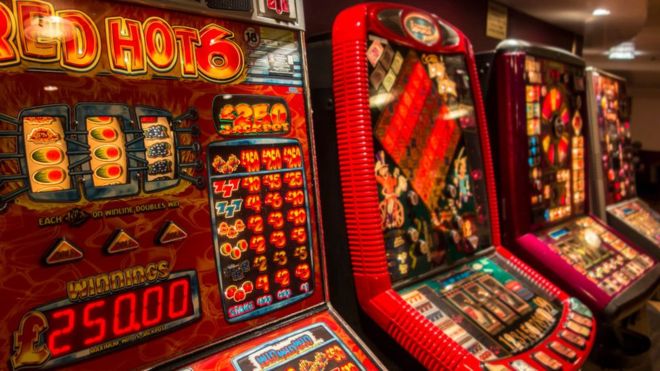At its core, gambling is a manifestation of the innate human desire for excitement, the thrill of uncertainty, and the possibility of striking it rich against all odds. The intricate dance between risk and reward in gambling is akin to a delicate equilibrium, where players willingly immerse themselves in a world of chance, driven by the hope of a windfall. Whether it is the roll of dice, the spin of a wheel, or the shuffle of cards, each moment in a gambling game is pregnant with anticipation, carrying the potential to either elevate the player to euphoric heights or plunge them into the depths of disappointment. One of the fundamental aspects that contribute to the allure of gambling is the psychological interplay between risk and reward. The human brain is wired to seek novelty and excitement, and gambling provides a concentrated dose of both. The uncertain outcome of a bet triggers the release of dopamine, the brain’s feel-good neurotransmitter, creating a sense of exhilaration and pleasure. This neurological response establishes a powerful feedback loop, reinforcing the desire to engage in gambling activities. Gambling, with its inherent blend of risk and reward, has long captivated the human psyche, creating an allure that transcends cultural and historical boundaries.

The lure of potential rewards acts as a magnetic force, drawing individuals into the intricate web of chance, where the prospect of winning big becomes a tantalizing proposition that is difficult to resist. Moreover, gambling serves as a microcosm of life’s uncertainties. In a world where the future is often unpredictable, gambling offers a controlled environment where individuals can confront the capricious nature of fate. The very act of placing a bet mirrors the risks we take in our daily lives, albeit in a more concentrated and immediate form. The outcomes in gambling, slot gacor much like in life, are influenced by a combination of skill, strategy, and sheer luck. This element of skill adds a layer of complexity to the games, allowing players to believe that their decisions can influence the outcome, even in games predominantly governed by chance. However, the dark side of the allure lies in the potential for addiction and financial ruin. The same psychological mechanisms that make gambling enticing can also lead individuals down a perilous path of compulsive behavior.
The thrill of the chase, the hope of recouping losses, and the illusion of control can trap individuals in a cycle of escalating bets, leading to severe personal and financial consequences. Society grapples with addressing the fine line between personal freedom and the need to protect vulnerable individuals from the potential harms associated with excessive gambling. In conclusion, the allure of gambling lies in its ability to tap into fundamental aspects of human psychology our appetite for risk, our craving for excitement, and our hope for reward. The delicate dance between risk and reward creates an environment where every spin, roll, or deal becomes a microcosm of life’s uncertainties. Yet, society faces the challenge of mitigating the potential harms associated with excessive gambling, navigating a complex landscape where personal freedom intersects with the need for responsible oversight. As the wheels spin and the cards are dealt, the allure of gambling endures a testament to the enduring fascination with the thrilling dance of risk and reward.